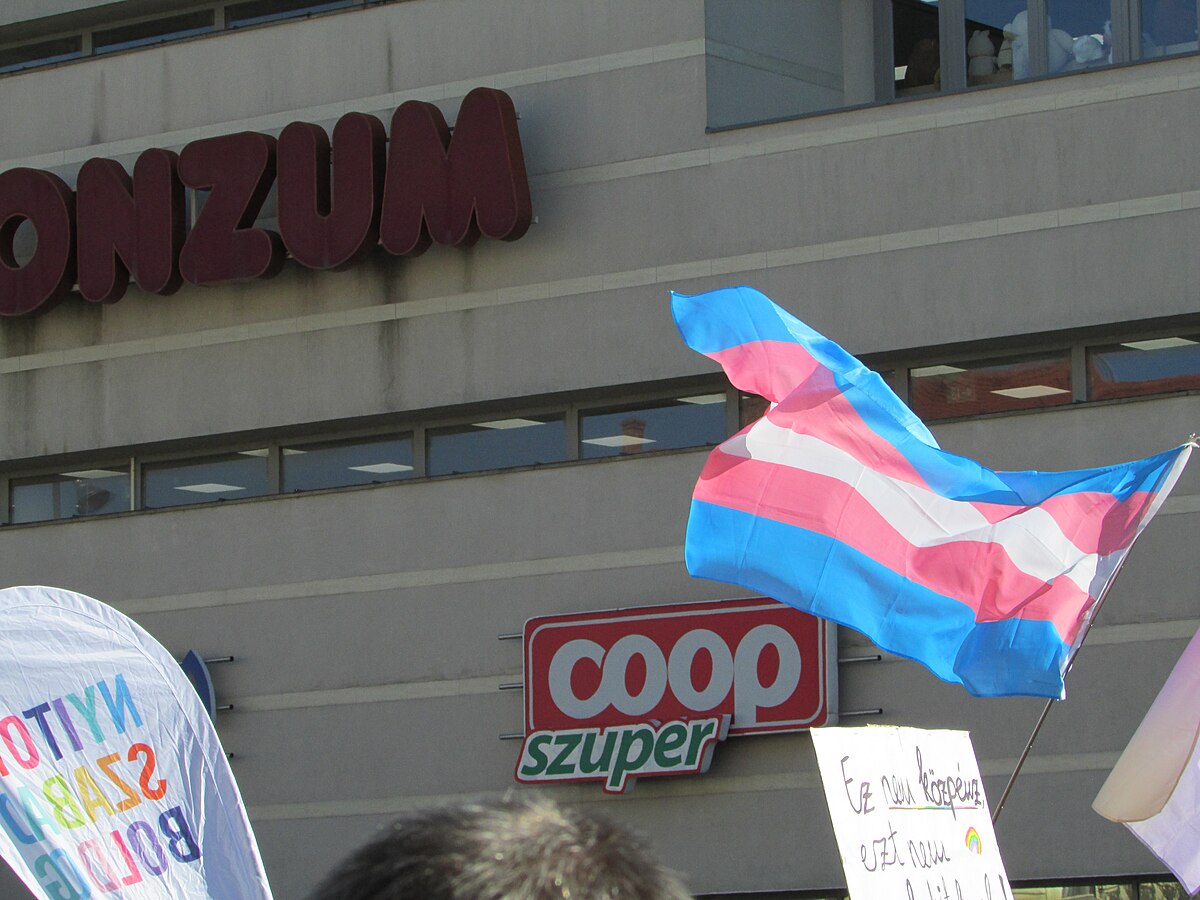NC High Court Blocks Elections Board From Certifying Dem As Winner
The North Carolina Supreme Court has temporarily blocked the state Board of Elections (NCSBE) from certifying the election of democratic Justice Allison Riggs, as it considers an election challenge from Republican Judge Jefferson Griffin. The decision, made with a 5-1 vote (Justice Riggs recused herself), responds to Griffin’s request to halt certification, claiming that the board is using legal tactics to streamline certification and preemptively render his protests moot. Griffin led by approximately 10,000 votes on election night, but the post-election counting of absentee and provisional ballots resulted in Riggs gaining a narrow victory by 734 votes.
Griffin has filed challenges against around 60,000 questioned ballots, raising concerns about the legitimacy of votes cast by improperly registered individuals, including those lacking required identification and even those who have never resided in North Carolina. The state had previously faced scrutiny over its handling of voter registration and voting procedures, with republican efforts to reform processes hindered by the actions of the NCSBE. A ruling in favor of Griffin might lead to notable reforms in election integrity practices in North Carolina and perhaps set a precedent for similar issues nationwide.
The North Carolina Supreme Court blocked the state Board of Elections (NCSBE) from certifying the election of Democrat incumbent Justice Allison Riggs to retain her seat on the high court, as the court weighs an election challenge from Republican candidate Judge Jefferson Griffin.
The temporary stay, issued Tuesday after a 5-1 vote (Riggs was recused), granted a Monday request from Griffin to stop the Democrat-run NCSBE from certifying the election, which was scheduled for Friday.
Griffin was leading on election night by about 10,000 votes, but absentee and provisional ballots began trickling in after Election Day, as The Federalist anticipated, eventually giving Riggs her razor-thin, 734-vote lead.
The Republican has filed protests on several different grounds, amounting to about 60,000 ballot challenges statewide. While the NCSBE, along party lines, summarily rejected the protests, the state’s Republican-led high court believes it needs more time to consider them.
Griffin argues that the NCSBE is attempting to use legal tactics to delay Griffin so that it can certify the election, thereby leaving the issue without redress.
“Without an immediate stay of certification by the Board—one issued as early as possible—the Board is likely to find new obstacles that procedurally bar any court from reaching the merits of Judge Griffin’s election protests,” the request states. “While Judge Griffin continues to clear the procedural obstacles thrown up by the Board, the Board will press toward certifying the election. An immediate stay is necessary to protect this Court’s certain jurisdiction to consider the petition for a writ of prohibition. Once the certificate of election issues, election protests, like those involved here, become moot.”
Ultimately, Griffin requested the state Supreme Court prohibit the NSCBE from counting the ballots he has challenged as “unlawful.”
As The Federalist reported, Griffin’s protests to the 60,000 ballots cover a wide range of election integrity issues in North Carolina, including that the state allows improperly registered voters to cast ballots. Hundreds of thousands of voters have registered in the state without providing identification like a driver’s license or the last four digits of a social security number, which is required by federal law. Despite Republican attempts to pressure the NCSBE to fix its mistake and procure the information, the board has refused, and a court decided against Republicans in a lawsuit regarding the questionable voters in October.
North Carolina also allows overseas voters to bypass the state’s voter identification law and grants persons who have never resided in the state or country the right to vote in local elections. Allowing “never resided” voters to cast ballots in local elections appears to be patently unconstitutional, as the state’s founding document stipulates that only individuals who reside in the state may cast ballots. Currently, the state allows “never resided” individuals to use the last known address of their parents to register through, as numerous states do.
“The fact that their parents were residents or are residents of North Carolina doesn’t establish residency of the individual, of the child,” Craig Schauer, counsel for Griffin, argued before the NCSBE last month. “In other words, you can’t inherit your parents’ residency. Residency is … specific to an individual.”
A decision in favor of Griffin’s protests could signal drastic election integrity reform in the state, and be a bellwether nationwide as most states have similar overseas voter issues — and many have severely mismanaged voter rolls.
The Tuesday order set an “expedited briefing schedule,” looking to the importance of certifying an election as soon as possible after it takes place. It requires Griffin to submit a brief by Jan. 14, and Riggs to respond by Jan. 21, with a final reply brief requested by Jan. 24.
The stay at the state level comes after a federal district court on Monday remanded the case to the state Supreme Court. The NCSBE is currently pursuing an appeal at the Fourth U.S. Circuit level, which has requested receipt of an opening brief on Feb. 18 and a response brief by March 20.
" Conservative News Daily does not always share or support the views and opinions expressed here; they are just those of the writer."




